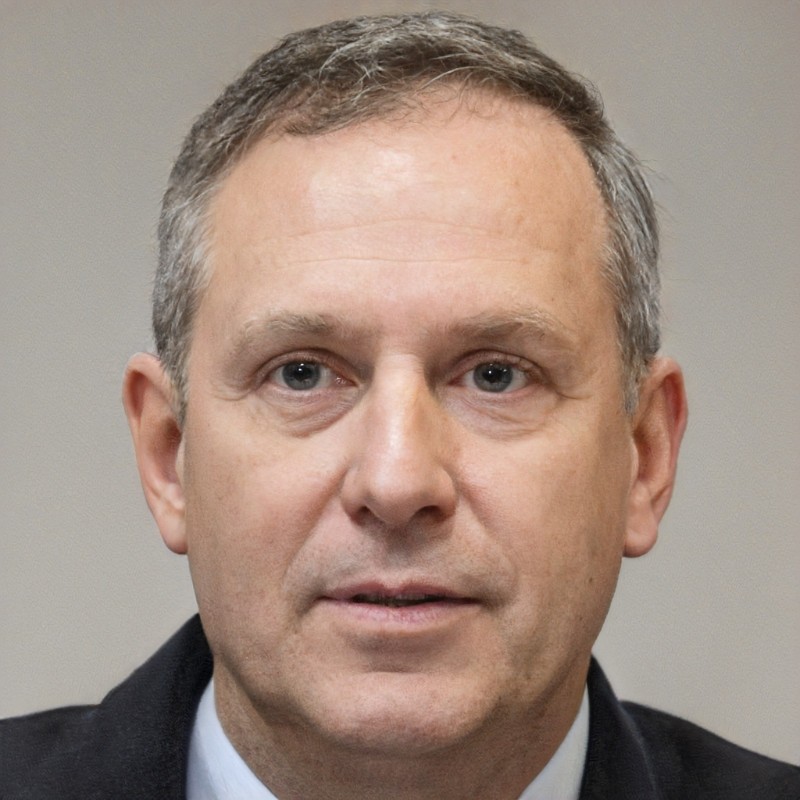Central Asia: A Vibrant Region of Rich Culture, Economic Growth, and Evolving Politics
In this article, we will explore the dynamic economy, evolving political landscape, and the remarkable transformation underway in Uzbekistan under the leadership of President Shavkat Mirziyoyev.
Central Asia, a captivating region located at the heart of the Eurasian continent, is known for its diverse landscapes, historical significance, and fascinating cultural heritage.

With its distinctive blend of ancient traditions and modern aspirations, Central Asia is a melting pot of experiences that beckons travelers and researchers alike.
Central Asia Economy: A Tale of Growth and Potential
Central Asia, comprising Kazakhstan, Kyrgyzstan, Tajikistan, Turkmenistan, and Uzbekistan, boasts a thriving economy that has seen significant growth in recent years. The region is strategically located, serving as a vital crossroads for trade between Europe, Asia, and the Middle East. Its vast reserves of natural resources, including oil, gas, and minerals, have played a crucial role in fostering economic development.
With its diverse economic landscape, Central Asia has witnessed rapid advancements in sectors such as energy, agriculture, manufacturing, and tourism. Kazakhstan, the largest economy in the region, has been a key player in the oil and gas industry, while Uzbekistan has emerged as a prominent producer of cotton and textiles. Moreover, the region's rich cultural heritage and breathtaking landscapes have drawn tourists from around the globe, contributing to the growth of the hospitality and service sectors.
Despite the remarkable progress, Central Asia faces certain challenges, including the need to diversify its economies, reduce dependency on natural resources, and enhance regional integration. Efforts are underway to promote inclusive growth, improve infrastructure, and attract foreign investments to unlock the vast potential of the region's economies.
Central Asia Politics: A Landscape in Flux
Central Asia's political landscape has undergone significant changes since the dissolution of the Soviet Union in 1991. The countries of the region have embarked on individual paths, shaping their own political systems and asserting their independence on the global stage. While each nation has its unique political trajectory, common themes such as democratization, human rights, and regional cooperation have emerged as crucial areas of focus.
In recent years, Uzbekistan has witnessed a remarkable transformation under the leadership of President Shavkat Mirziyoyev. Since assuming office in 2016, President Mirziyoyev has implemented a series of bold reforms aimed at modernizing the country and improving the lives of its citizens. These reforms have included measures to enhance the business environment, attract foreign investments, and strengthen regional cooperation.
President Mirziyoyev's initiatives have brought about positive changes, including the easing of travel restrictions, the release of political prisoners, and the establishment of a more open and inclusive political environment. Moreover, Uzbekistan has actively pursued closer ties with its Central Asian neighbors, fostering regional cooperation on various fronts, including trade, transportation, and security.
Uzbekistan: Embracing Change and Embracing the World
Uzbekistan, with its rich historical heritage and captivating landscapes, is undergoing a period of transformation and renaissance. The country, once known for its closed and authoritarian regime, is now embracing openness and actively seeking its place on the global stage.
Under President Mirziyoyev's leadership, Uzbekistan has implemented a series of economic reforms to stimulate growth, attract foreign investments, and diversify the economy. These efforts have led to a surge in infrastructure development, the creation of special economic zones, and the simplification of administrative procedures for businesses. As a result, Uzbekistan has witnessed a significant increase in foreign direct investment, signaling growing confidence in its economic potential.
In addition to economic reforms, Uzbekistan has embarked on an ambitious agenda to promote cultural diplomacy and tourism. The government has invested in preserving and restoring historical sites, such as the ancient cities of Samarkand and Bukhara, which are UNESCO World Heritage sites. These efforts have not only helped showcase Uzbekistan's rich cultural heritage but have also attracted tourists from around the world, contributing to the country's growing tourism industry.
Furthermore, Uzbekistan has taken steps to improve its international standing by actively engaging with the international community. The country has been working towards strengthening diplomatic ties, participating in regional forums, and fostering partnerships with other nations. This approach has helped Uzbekistan enhance its image as a reliable and responsible player in global affairs.
Central to President Mirziyoyev's vision is the concept of regional cooperation and integration. Uzbekistan has been actively involved in promoting connectivity and collaboration within Central Asia. One notable example is the revival of the Silk Road, an ancient trade route that once connected East and West. Uzbekistan's strategic location and commitment to regional cooperation have positioned the country as a key player in facilitating trade and transportation links across the region.
The ongoing reforms and progressive policies in Uzbekistan have garnered international recognition and support. The country has seen an increase in foreign investments, the establishment of partnerships with global organizations, and a rise in tourism. These developments have contributed to the country's economic growth, improved living standards, and increased opportunities for its people.
Summary
Central Asia is a vibrant region with a promising future. Its economies are experiencing growth and diversification, and its political landscape is evolving as countries strive for democratic reforms and regional cooperation. Uzbekistan, under the leadership of President Shavkat Mirziyoyev, is leading the way in embracing change and engaging with the world. With its rich cultural heritage, economic potential, and commitment to openness, Uzbekistan is carving a new path and becoming a significant player on the global stage.
Sources
- "Central Asia." World Bank. URL: https://www.worldbank.org/en/region/eca/brief/central-asia
- "Uzbekistan: Journey to a New Silk Road." The World Bank. URL: https://www.worldbank.org/en/news/feature/2018/07/30/uzbekistan-journey-to-a-new-silk-road

